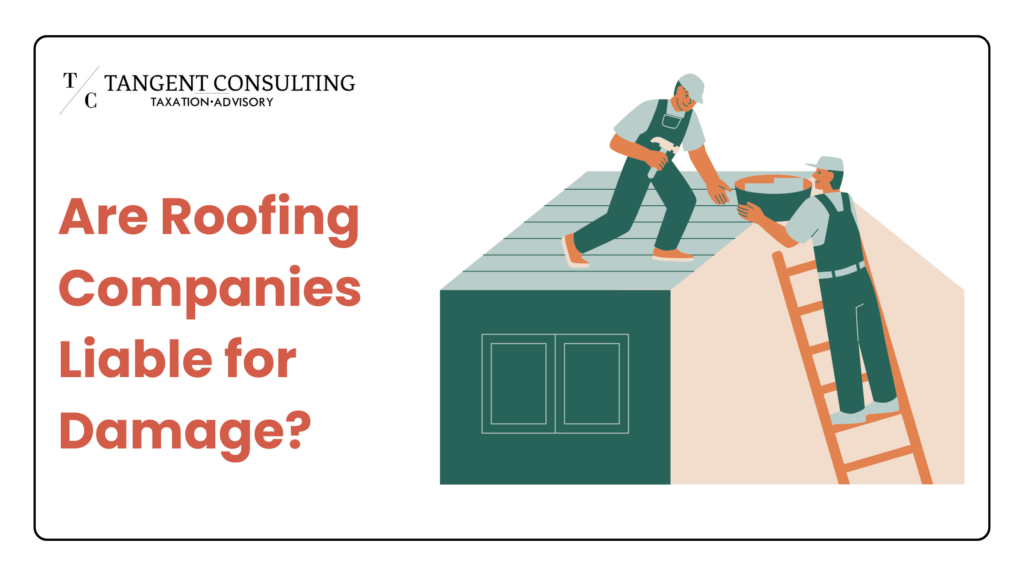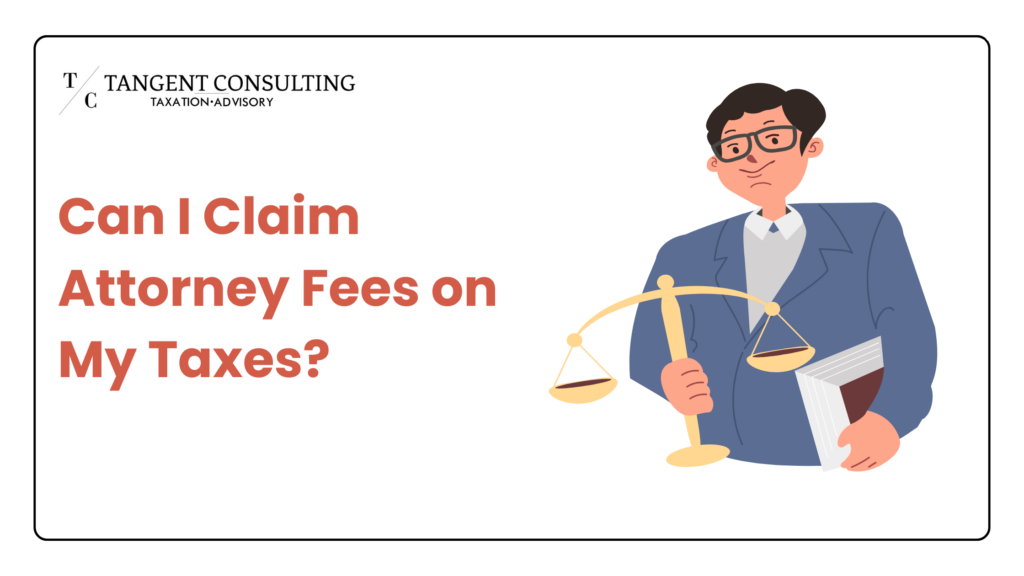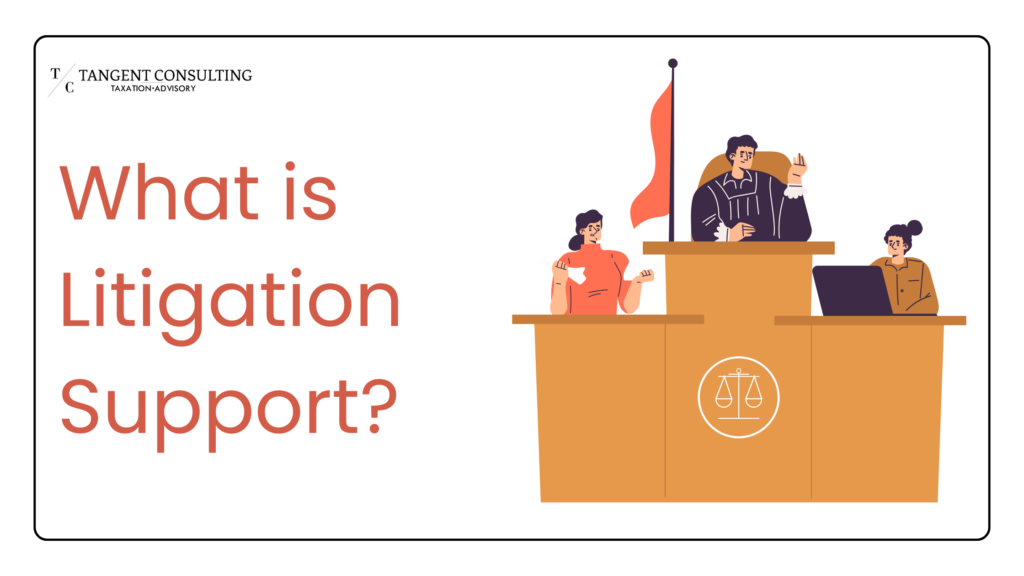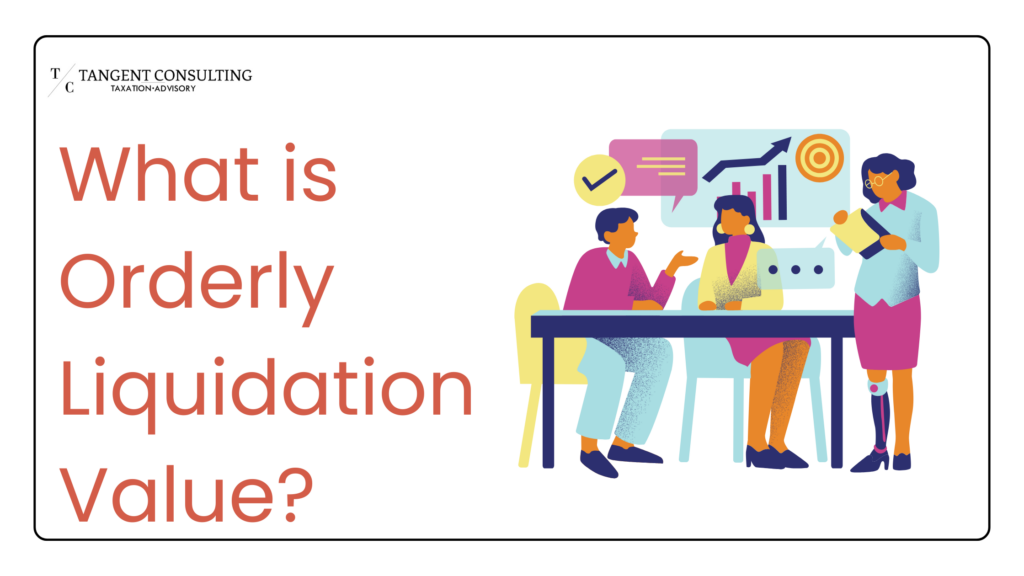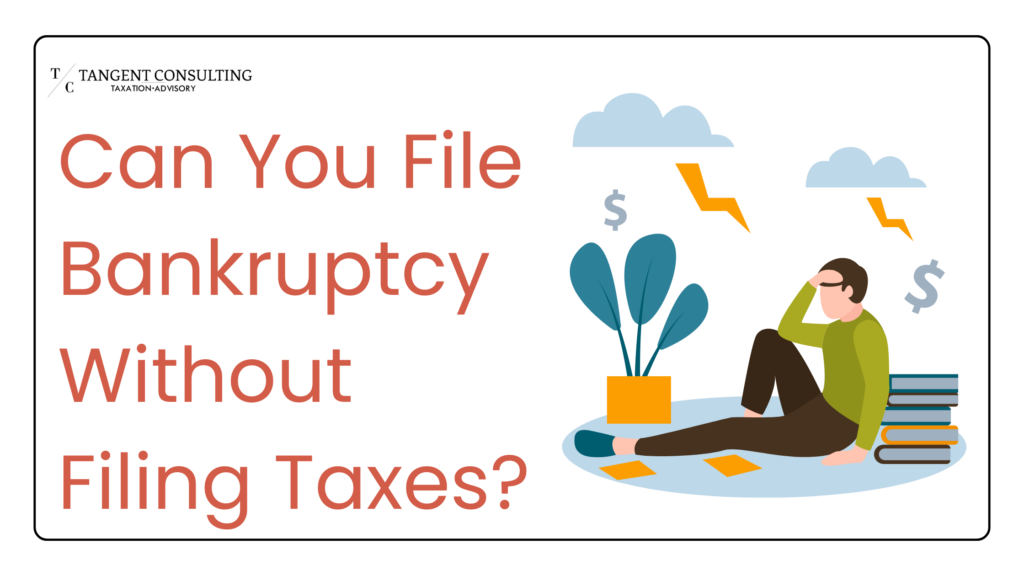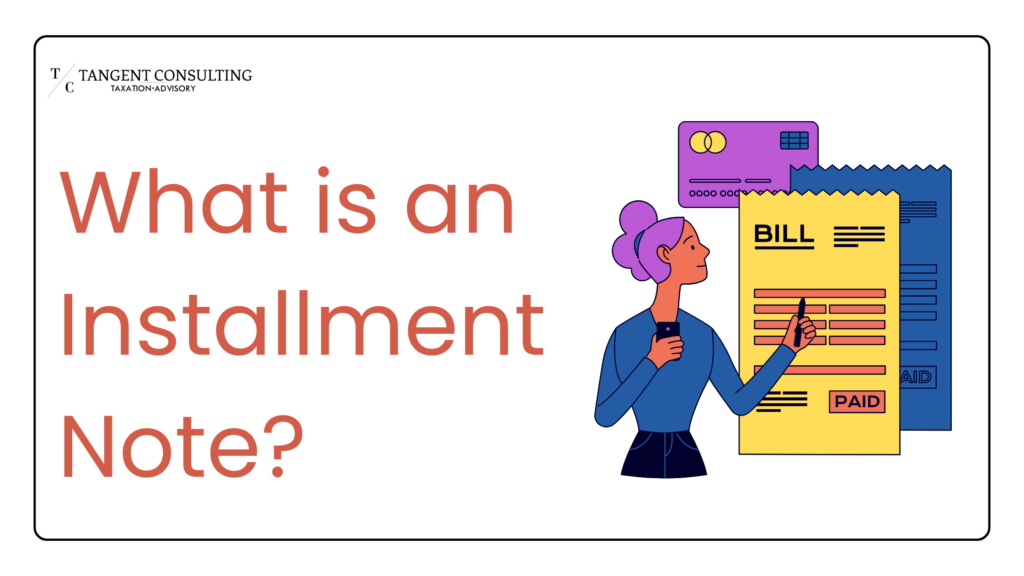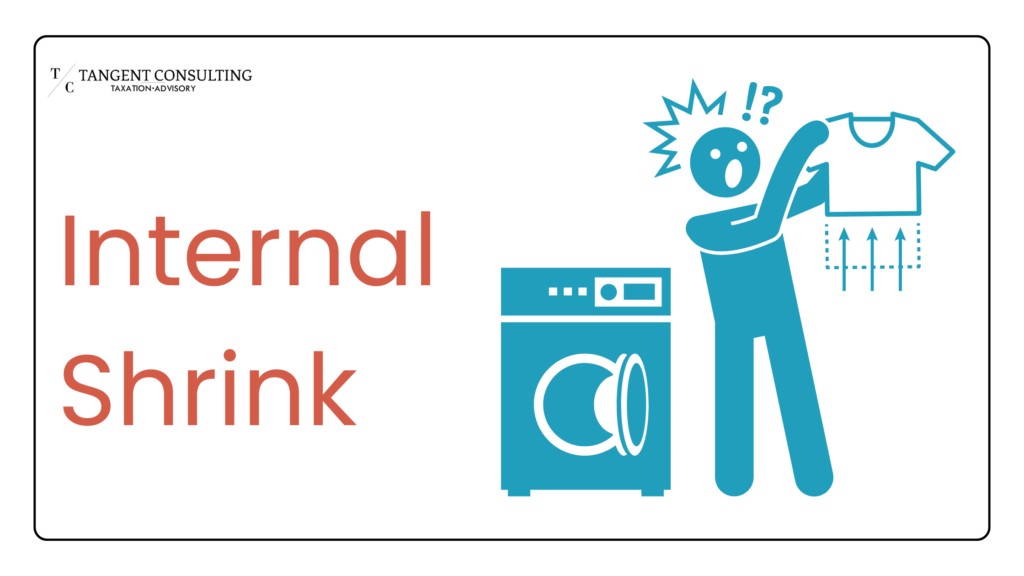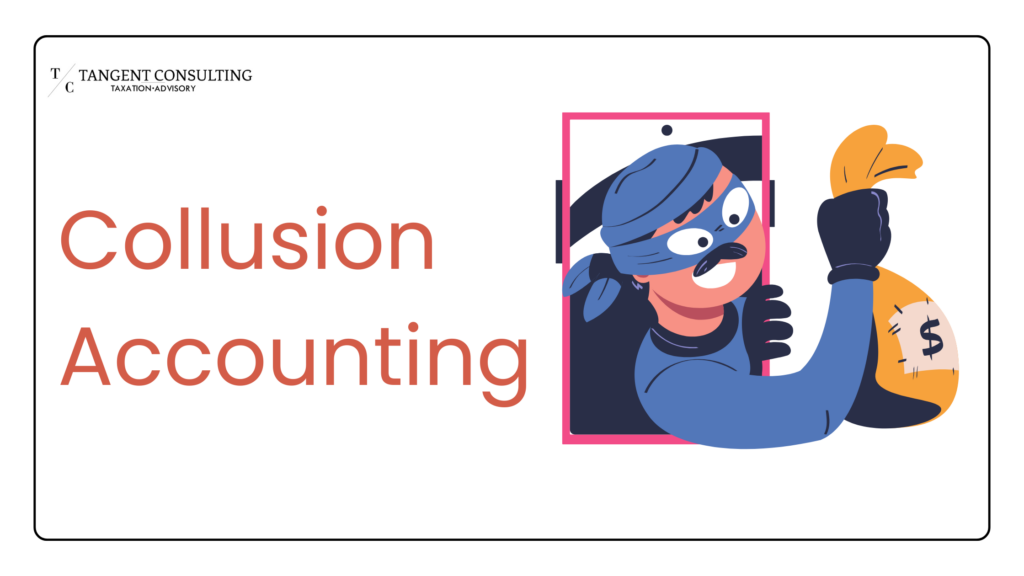Are Roofing Companies Liable for Damage? Roofing companies can be liable for damage caused during their work, depending on the circumstances. If the damage is caused by improper installation, worker negligence, or failure to follow safety protocols, the company may be held responsible. However, if damages are caused by unforeseeable events like bad weather, roofing […]
Can I Claim Attorney Fees on My Taxes?
Can I Claim Attorney Fees on My Taxes? Attorney fees can be tax deductible if they relate to taxable income, such as fees for resolving business disputes or protecting intellectual property. Personal legal expenses like filing for divorce aren’t deductible. The IRS allows taxpayers to deduct legal fees related to their trade or business, as […]
Can Leasing a Car Be Tax Deductible?
Can Leasing a Car Be Tax Deductible? Yes, car leasing can be tax deductible if you use it for business purposes. You can deduct the lease payments proportionate to the percentage of business use. Other costs like fuel, insurance, and maintenance might also qualify for deductions. Business owners have two main options for deducting car expenses: […]
What is a Tariff Information Label?
What is a Tariff Information Label? A Tariff Information Label is attached to imported goods and gives key details about the product, such as its origin and applicable tariff rates. The TIL helps customs authorities determine the correct duties and taxes to apply when goods enter a country. For instance, if you bring an exotic […]
What is Litigation Support?
What is Litigation Support? Litigation support refers to different services provided to attorneys and legal teams so they can present their cases more effectively. This often includes accounting services, such as forensic accounting, analyzing financial records, preparing reports, and even testifying in court as an expert. Litigation support reminds us of Robin. The legal team […]
What is Orderly Liquidation Value?
What is Orderly Liquidation Value? Orderly Liquidation Value is an amount a seller could expect in a structured liquidation process. Unlike forced liquidation, where you need to sell assets fast, in orderly liquidation, you get enough time to find the buyer. Appraisers determine OLV to assist buyers in evaluating tangible assets acquired in a transaction. […]
Can You File Bankruptcy Without Filing Taxes?
Can You File Bankruptcy Without Filing Taxes? Filing for bankruptcy without having filed taxes is possible, but it depends on whether you were legally required to file tax returns in the first place. You can still proceed with bankruptcy if you aren’t required to file taxes. Still, the bankruptcy trustee will likely require you to […]
What is an Installment Note?
What is an Installment Note? An installment note is a type of loan in which the borrower agrees to pay the amount along with interest through regular payments. These payments are equal in amount and can cover personal loans, business loans, and mortgages. The installment note reminds us of a couch we bought on a […]
What Is Internal Shrink?
What Is Internal Shrink? Internal shrinking refers to employee loss of inventory, cash, or other business assets. It hurts business operations through theft, fraud, or missing items. It’s a significant issue for businesses, especially in retail. Internal Shrink directly impacts a company’s profitability, particularly in retail businesses with low margins and high sales volumes. When […]
What Is Collusion Accounting?
What Is Collusion Accounting? Collusion accounting is a common but unfortunate practice in business. It happens when employees within the organization manipulate financial records for personal gains. Collusion accounting can involve frauds, false transactions, and inflating profits. It reminds us of Despicable Me. Gru works with his adorable Minions to execute sneaky plans.

